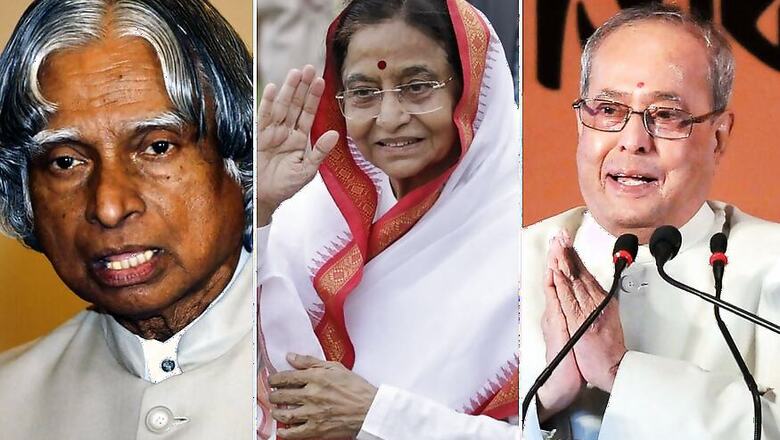
views
 “It is my personal choice that the former Lok Sabha speaker should be the next President of India,” says Samajwadi Party general secretary Naresh Agarwal.
“It is my personal choice that the former Lok Sabha speaker should be the next President of India,” says Samajwadi Party general secretary Naresh Agarwal.
Congress President Sonia Gandhi has already held a round of discussion with opposition leaders on presidential polls slated for July this year. The Left parties want to build a consensus around former West Bengal governor Gopal Krishna Gandhi.
Rewind 25 years to 1992. Then CPM general secretary Harkishan Singh Surjeet stepped out of his room at AK Gopalan Bhawan, the party headquarters, in Delhi, tapping away the left palm — as was his wont — with a cordless phone in his right hand. Comrade Surjeet sought an urgent meeting of the available Politburo.
He had just received a call from the then Congress leadership seeking support for the party candidate — Dr. Shankar Dayal Sharma — in presidential polls. The ruling party, in lieu, was willing to accommodate the Left's choice in the vice-presidential elections.
The wiry leader told those present in the hurriedly assembled council that the candidate must be from the Dalit community and should preferably be someone the Congress could also claim as its own.
ALSO READ | Presidential Poll: Opposition Coming Together to Save Political Existence, Says BJP
After a short deliberation, the Left leaders finally zeroed in on a Congress MP from Kerala. He was an LSE graduate, a career diplomat, former vice-chancellor of the Jawaharlal Nehru University and someone who had served as a minister in the Rajiv Gandhi government.
Despite impeccable qualifications and four consecutive Lok Sabha victories, he was reportedly denied a cabinet berth in the Rao ministry for his reported 'Marxist leanings'.
The President's office as envisaged in the Constitution is apolitical in nature. That is, the President acts on the advice of the political executive with powers vested upon the Union Council of Ministers. But presidential elections in the country over the years have been used by parties — both in Opposition and government — to send a strong political message or even to settle scores.
What Vajpayee perhaps discounted was the fact that the Grand Old Party places a very a high premium on loyalty. And it is non-negotiable. With the Congress party declining to back Alexander, Andhra Pradesh CM Chandrababu Naidu proposed the then vice-president Krishna Kant as a consensus candidate. Some reports suggest that Krishna Kant was even sounded out by the NDA managers to prepare for nominations.
Only Left parties could muster the courage to challenge Kalam’s nomination even at the risk of taking a hit on their secular credentials, with INA veteran and freedom fighter Captain Lakshmi Sehgal.
A month later, Krishna Kant died of a massive heart attack. He is the only vice-president to have passed away in office.
In the next presidential elections held in 2007, the UPA-Left coordination committee met to finalise a joint candidate at the Prime Minister’s residence — 7, Race Course Road. The discussion veered towards nominating the first woman President of India. The Congress proposed Rajasthan governor Pratibha Patil’s name.
ALSO READ | Sonia Meets NC's Omar Abdullah to Discuss Joint Presidential Candidate
Only two leaders in the room were aware of Patil’s political antecedents —Sharad Pawar and CPI general secretary AB Bardhan; Pawar because Patil was the leader of opposition in 1978 when Pawar rebelled and broke away from the Congress to become the youngest CM in Maharashtra, and Bardhan for having had his early political grooming in the trade union movement in Nasik. That Patil was a family loyalist to the core who remained with the Congress in the face of adversity was well rewarded in the end.
“By that time it wasn’t clear who Ms. Banerjee’s choice for the top post was. With that one stroke, she made it apparent who wasn’t,” says a senior political analyst who has closely followed the state for many years now.
“APJ Abdul Kalam, Somanth Chaterjee,” said Mulayam, adjusting his glasses and relishing every moment of the media glare, “and Prime Minister Dr Manmohan Singh. We are offering three names to the UPA to choose from.” He rubbed it in by proposing the name of Congress’s incumbent PM.
“All three are dummies. Mulayam Singh wants to force Congress’s hand here. Of the two names the Congress has suggested, one is a dummy. The other is a senior contender,” said a senior BJP leader, closely observing the turn of events from the other side.
The Trinamool Congress chief was left with little choice but to support a fellow Bengali in the presidential race.










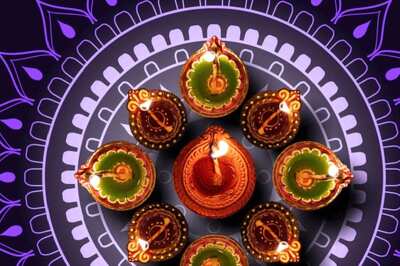
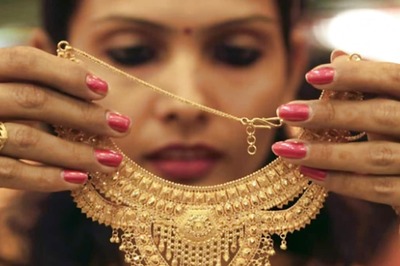

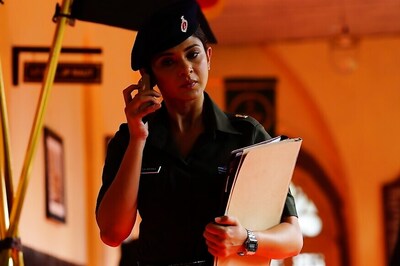

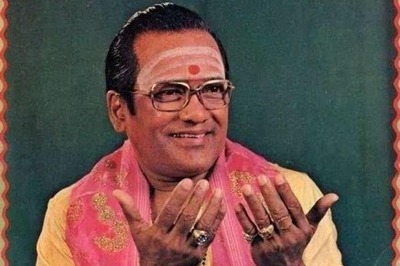
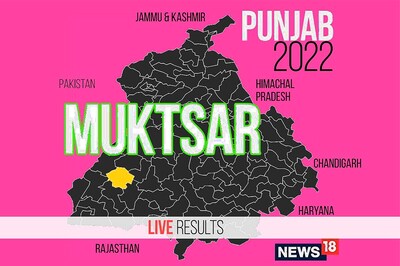
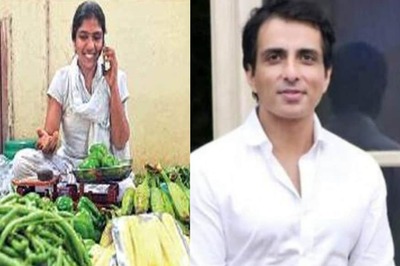
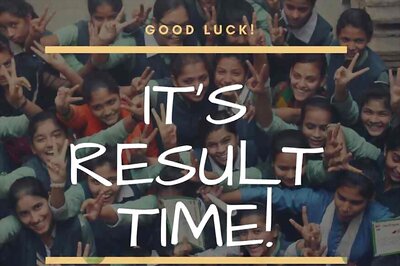
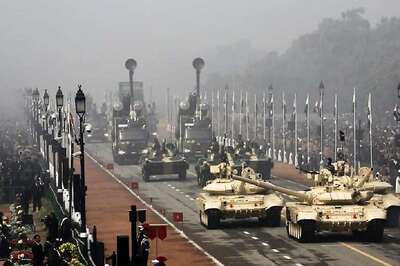
Comments
0 comment